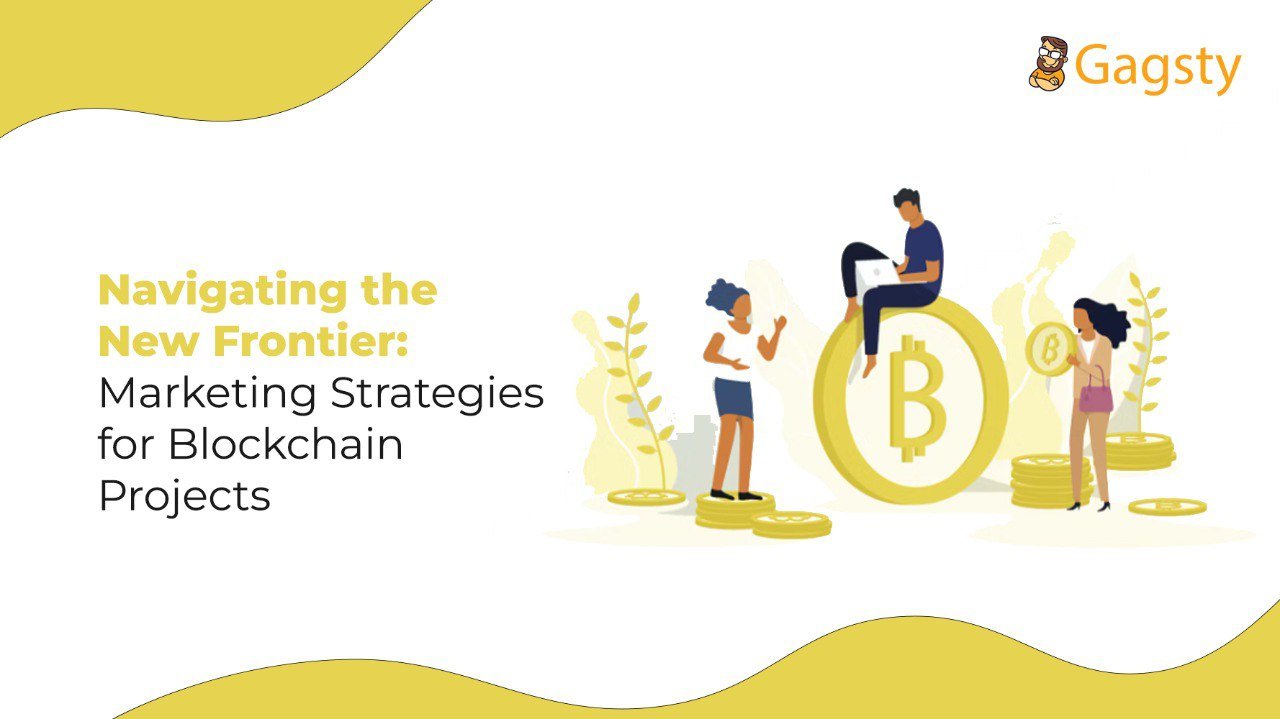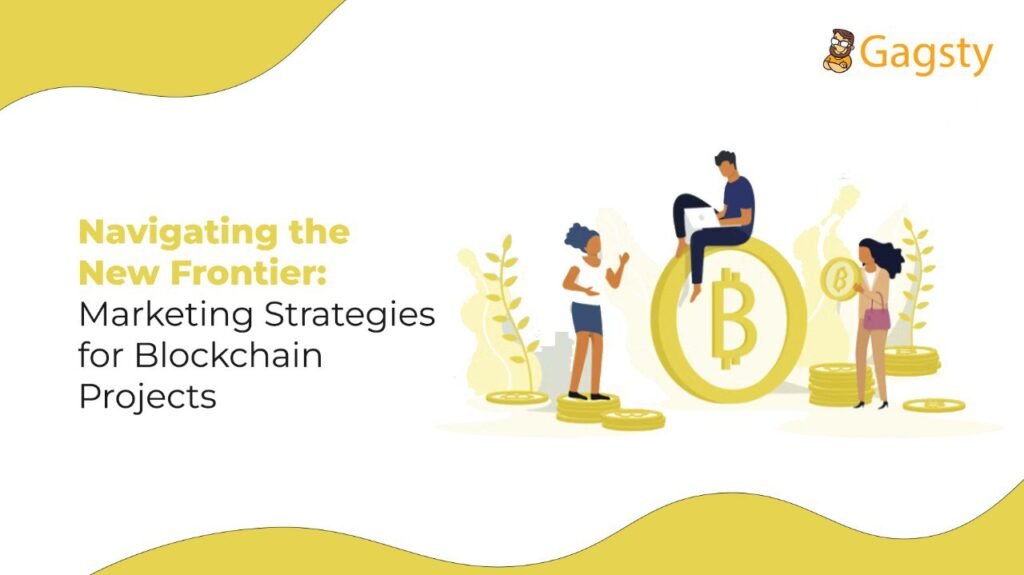Here are some key marketing strategies that can help blockchain projects navigate the new frontier:
1. Build a Strong Brand
Creating a strong brand identity is essential for any blockchain project. This includes developing a unique and memorable logo, designing a visually appealing website, and establishing a consistent tone of voice for all communication channels. A strong brand helps build trust and credibility among potential investors and users.
2. Educate the Market
Blockchain technology is still relatively new and unfamiliar to many people. To attract users and investors, blockchain projects need to educate the market about the benefits and potential applications of the technology. This can be done through blog posts, whitepapers, webinars, and educational videos. By providing valuable information, blockchain projects can position themselves as industry leaders and gain the trust of their target audience.
3. Leverage Social Media
Social media platforms like Twitter, LinkedIn, and Telegram are powerful tools for marketing blockchain projects. These platforms allow projects to engage with their audience, share updates, and build a community around their brand. It is important to regularly post relevant content, participate in discussions, and respond to inquiries to maintain an active and engaged social media presence.
4. Collaborate with Influencers
Influencer marketing can be a highly effective strategy for blockchain projects. Collaborating with influencers who have a strong following and expertise in the blockchain industry can help projects reach a wider audience and gain credibility. Influencers can promote projects through sponsored content, interviews, and endorsements, increasing brand visibility and attracting potential investors.
5. Participate in Industry Events
Attending and participating in industry events, conferences, and meetups is a great way for blockchain projects to network and showcase their work. These events provide opportunities to connect with potential investors, partners, and customers. Presenting at conferences or hosting workshops can also establish the project’s expertise and thought leadership in the industry.
6. Whitepapers and Documentation
Develop comprehensive whitepapers and technical documentation for your blockchain project. These authoritative resources can attract investors, developers, and other stakeholders.
7. Thought Leadership
Establish thought leadership in the blockchain space. Share your insights, opinions, and predictions through articles, webinars, podcasts, or interviews. This can help build trust and credibility within the community.
8. Community Building
Create and nurture an active and engaged community around your project. Use social media, forums, and online groups to facilitate discussions, answer questions, and gather feedback.
9. Content Marketing
Develop a content marketing strategy that includes blog posts, videos, and social media updates. Consistently publish content that showcases the value and applications of your blockchain project.
10. Email Marketing
Build an email list to keep your community informed and engaged. Send regular updates, newsletters, and announcements to maintain communication with your supporters.
11. Token Airdrops and Bounties
Consider token airdrops and bounty programs as a way to reward early adopters and incentivize engagement with your project.
12. PR and Media Coverage:
Reach out to cryptocurrency and blockchain news outlets and influencers to secure media coverage. This can help raise awareness and generate interest in your project.
13. Partnerships and Alliances:
Form strategic partnerships and alliances with other blockchain projects, businesses, or organizations that align with your goals. Collaborations can expand your network and user base.
14. Regulatory Compliance:
Ensure that your project complies with legal and regulatory requirements. This builds trust with investors and users and mitigates potential legal risks.
15. User Testimonials and Success Stories
Share testimonials and success stories from users who have benefited from your blockchain project. Real-world examples can demonstrate its practical value.
16. Security and Transparency
Emphasize the security and transparency of your blockchain project. Highlight the steps you’ve taken to safeguard user data and maintain the integrity of your platform.
17. Data Privacy and Compliance
Educate your audience about your data privacy practices and compliance with data protection regulations, as data privacy is a significant concern in the blockchain space.
18. Roadmap Updates
Keep your community informed about your project’s development progress and future plans. Regular roadmap updates can instill confidence and anticipation among your supporters.
Marketing blockchain projects requires a deep understanding of the technology and a commitment to building trust within the community. By following these strategies and staying adaptable to the ever-evolving blockchain landscape, you can successfully navigate this new frontier and promote your project effectively.
As the blockchain industry continues to evolve, marketing strategies for blockchain projects need to adapt and innovate. It is important for projects to stay up-to-date with the latest trends and technologies, and continuously refine their marketing strategies to stay ahead of the competition.






